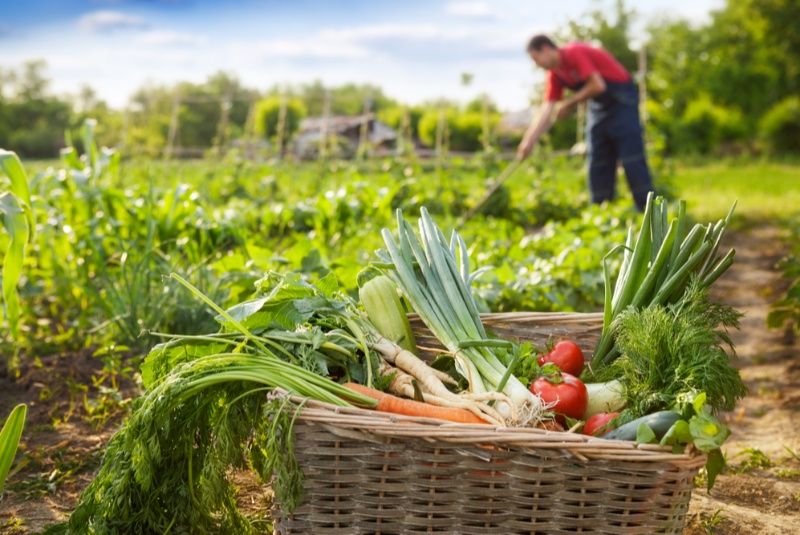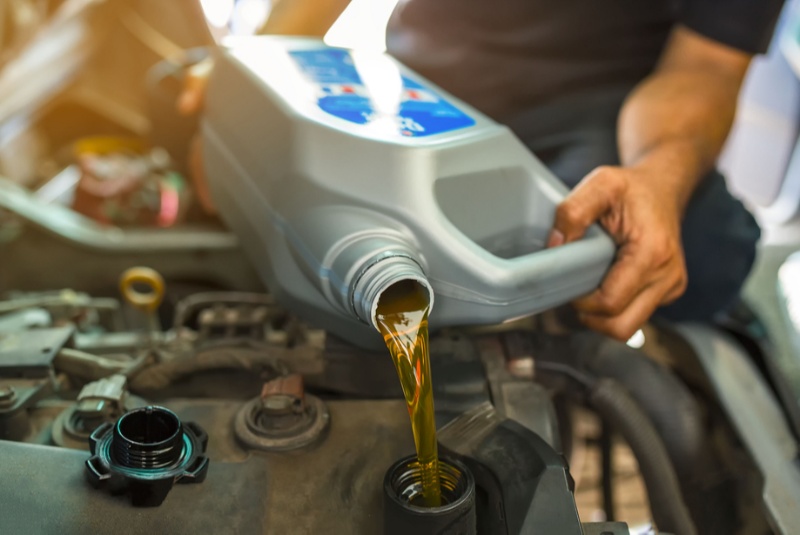Economic prudence is an art that extends beyond mere budgeting and investing. Among the various ways to save money, one practice stands out with its dual advantage of not only enhancing your financial health but also contributing to your physical well-being—growing your own vegetables. In a world where the cost of living constantly escalates, this simple, self-sufficient act can carve out a substantial chunk of savings from your grocery bills.
To begin with, the initial investment for a vegetable garden is relatively low. You need seeds or seedlings, soil, fertilizer, and possibly some garden tools. Depending on the size of your garden and the types of vegetables you decide to grow, the startup costs can be recovered within just a few harvests.
Once established, a vegetable garden can yield produce season after season, significantly reducing the amount you spend at the grocery store. The cost of a pack of seeds is often equivalent to, if not less than, the price of a single vegetable from the supermarket. Once these seeds mature into bountiful plants, they can provide a continuous supply of vegetables, outstripping their initial cost.
Furthermore, many vegetables like tomatoes, peppers, beans, and lettuce can be easily grown in containers, which is beneficial for those with limited outdoor space. Even a sunny windowsill or balcony can become a mini vegetable farm, saving you from buying these items for months.

Besides the direct financial benefits, growing your own vegetables also has indirect monetary advantages. Homegrown produce is typically fresher, healthier, and more nutrient-dense than store-bought vegetables, which often lose nutritional value during transportation and storage. This means you're getting more bang for your buck nutritionally with homegrown vegetables, potentially reducing health-related expenses in the long run.
There are also cost savings when it comes to waste. Any parts of the vegetables that you don't consume, like stems or leaves, can be composted and returned to the garden as a natural fertilizer. This cuts down on the need for store-bought compost or fertilizer, saving more money over time.
Moreover, you can store surplus produce for future use. Many vegetables can be frozen, canned, or dried, providing you with a stockpile of food for the leaner months or periods of sudden price inflation in the market.
Cultivating your own vegetables also offers priceless psychological benefits. The act of gardening has been proven to reduce stress, provide a form of physical exercise, and instill a sense of accomplishment, all of which contribute to overall well-being and can indirectly impact your healthcare costs.
Growing your own vegetables can even become a family activity, educating children about the value of hard work, the origins of their food, and the importance of healthy eating. This is an investment in their future that no amount of money can quantify.
The practice of growing your own vegetables presents a unique opportunity to make significant savings. Not only does it drastically cut down your grocery bills, but it also offers a wealth of health benefits, reduces waste, and provides invaluable life lessons. In these uncertain economic times, the humble vegetable garden is a powerhouse of financial resilience and healthy living, making it a worthy endeavor for anyone looking to save money and live better.




